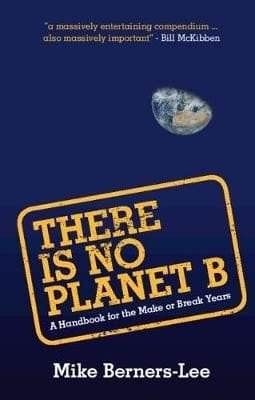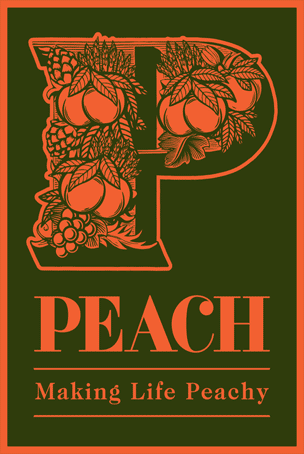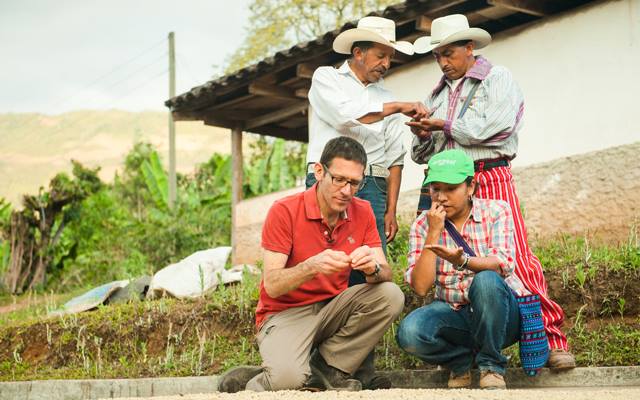Across our menu, when sourcing ingredients from overseas, it’s important we support farmers growing ethically; from speciality coffee, to tea, avocados and chocolate. Making our principles clear to wholesalers, ensures we source well, and results in us paying more when we have to.

Working out which global farmers to support is a challenge that never ends. The global supply chain can be wholly ethical, yet is often not easy to achieve direct buying as an independent in the UK, which means we have to forge relationships with buyers, who we can trust to source global produce aligned with our ethics. We’re constantly looking for new ideas, and ways of working, as well as finding partners who believe in doing good for the planet. We Love Our Planet, and to quote Mike Berners Lee, “There is No Planet B”, his book is really readable and balanced and we encourage our team to using some of his well-researched facts.
Promise six is that ‘We Support Good Global Farmers’, and we keep ensuring we follow this through. By looking for ethical, sustainable farming, who have low carbon footprint, pay fairly for workers and who are passionate about producing quality products. As MD and founder, along with the rest of the Peach team, we promise to always seek out to form long term relationships with everyone within the supply chain that meet these criteria.
 One of our best examples is the coffee we serve. At the very beginning of Peach in 2002, I met Jeremy Torz of Union Roasted Coffee, and decided to follow him come what may. He formed Union, and we created Peach. His passion for looking after the coffee growers, and sourcing really great beans appealed to us, and 18 years later we still serve their coffee in our pubs. Union are not certified fair trade because they believe they can do better. Fair trade excludes family businesses for instance, and Union have their own stringent ethical audit, being one of the first to support Rwandan coffee farmers after the genocide. We pay a bit more for the best in beans and the best in ethics. I don’t think we will ever move. Find out more about them over on their website here, or through some of their videos on YouTube here and here.
One of our best examples is the coffee we serve. At the very beginning of Peach in 2002, I met Jeremy Torz of Union Roasted Coffee, and decided to follow him come what may. He formed Union, and we created Peach. His passion for looking after the coffee growers, and sourcing really great beans appealed to us, and 18 years later we still serve their coffee in our pubs. Union are not certified fair trade because they believe they can do better. Fair trade excludes family businesses for instance, and Union have their own stringent ethical audit, being one of the first to support Rwandan coffee farmers after the genocide. We pay a bit more for the best in beans and the best in ethics. I don’t think we will ever move. Find out more about them over on their website here, or through some of their videos on YouTube here and here.
Tea is another big one, and being Brits, and Northern to boot, we have partnered with Taylor’s of Harrogate, to serve proper Yorkshire tea. Bettys, regularly win awards for doing it right, and have recently become carbon-neutral. They also ensure their tea workers are well looked after, and have a big tree planting programme with schools in the UK and in Kenya. Explore their stories here.
 Wine is actually our biggest global agriculture product and so we make sure we choose carefully. Jo Eames, Peach founder, has been buying our wine for nearly 20 years, and I’m lucky enough to be her partner in life, and have enjoyed some wonderful holidays to wine-producing countries. We know 80% of the wine makers on our list, and ensure their agricultural practices are sound. Many do really great things that make a difference on top. Boutinot farms support the local communities in Stellenbosch and we have enjoyed blending our own wine; “After the Clouds”. There’s also Sami Ghosn of Massaya wines in Lebanon, who employ teams desperately in need of employment in the Beqaa Valley, and had even been known to paint red crosses on the farm vehicles’ roots to protect them from Israeli shooting when harvesting at times of tension. Every wine producer has their own story, many of which we will continue to share. We buy all our wine through three multi-award-winning suppliers. Liberty Wines is certified carbon-neutral and is a powerful advocate for sustainable wine production, including things like championing screw-top closures to eliminate the wastage caused by cork taint, and all Italian wines are transported by rail to reduce carbon emissions.
Wine is actually our biggest global agriculture product and so we make sure we choose carefully. Jo Eames, Peach founder, has been buying our wine for nearly 20 years, and I’m lucky enough to be her partner in life, and have enjoyed some wonderful holidays to wine-producing countries. We know 80% of the wine makers on our list, and ensure their agricultural practices are sound. Many do really great things that make a difference on top. Boutinot farms support the local communities in Stellenbosch and we have enjoyed blending our own wine; “After the Clouds”. There’s also Sami Ghosn of Massaya wines in Lebanon, who employ teams desperately in need of employment in the Beqaa Valley, and had even been known to paint red crosses on the farm vehicles’ roots to protect them from Israeli shooting when harvesting at times of tension. Every wine producer has their own story, many of which we will continue to share. We buy all our wine through three multi-award-winning suppliers. Liberty Wines is certified carbon-neutral and is a powerful advocate for sustainable wine production, including things like championing screw-top closures to eliminate the wastage caused by cork taint, and all Italian wines are transported by rail to reduce carbon emissions.
But it’s not just about the great drinks we serve. In March 2020 we decided to move from Heinz to Rubies in the Rubble, and wow, this was a hard call. Heinz Tomato Ketchup is the benchmark. But Rubies in the Rubble worked out how to do good for the planet, tackling lower food waste, using less sugar, water and glass – and using wonky tomatoes and discarded pears instead of sugar – tastes better too. We are now firm friends with this team and hope we can help them grow to be the best sustainable brand, providing innovative sauces and condiments. Here’s their story, it’s well worth reading.
Then there’s the biggest challenge of fruit and veg from overseas. Once upon a time, we banned air freighted vegetables totally, and whilst seasonality is key in our menu writing, we too understand that we do sometimes have to source from further afield. One example is of green beans, where we once sourced from Africa, as they’re grown all year round. They came into the UK packed in the bottom of tourist planes, resulting in lower carbon footprint than beans grown with heating and lights in southern Spain or Holland. And I know this because I was the Board Director of a Kenyan green bean farm. The Kenyan farm has since been converted to a conservancy to protect the Mara, and I support the Peach Herd and Trees in the Wild.

Avocados is a big one for global farming. Demand has gone wild, and the world is creating avocado farms out of bush and forest land. It would be great to see some proper pressure on no more new land for avocados and a stamp of authentication for sustainable avocados.
For now, we trust our wholesalers to source overseas produce with the least environmental impact. There’s always more to do. We’re proud to state that our menus use 75% British veg, 20% European and 5% global. The European supply chains are incredibly efficient now, and if we source quality ingredients from the right climates, with natural lighting and heating, it is relatively efficient. We buy British asparagus when in season, and in Winter you’ll find root vegetables on our menus. We still find challenges following the demand in produce such as avocados and bananas, and we’re looking into ways we can reduce the number of products we buy containing palm oil. So how do we keep working on this 20 years down the line? We trust our instincts, and importantly work with buyers and The Sustainable Restaurant Association, who guide our thinking, audits our practices, and challenges us.
And what’s next?
We’d love to find ethical global producers to help show how Peach can make a difference. I have a dream of specifying a particular Kenya avocado growing association to work with, or working with a winery where Peach has a genuinely made a difference in their community. Every project takes time and commitment from lots of us and our suppliers. This could be our next mission to work out how to make every single ingredient we serve, a Peachy example of supporting the farmer, and being ethical and sustainable.
Help us find the new project of the month, email makinglifepeachy@peachpubs.com to suggest a new way forward.
Hamish Stoddart, Founder. With thanks to all the Peach team and suppliers and farmers who are making a difference.

